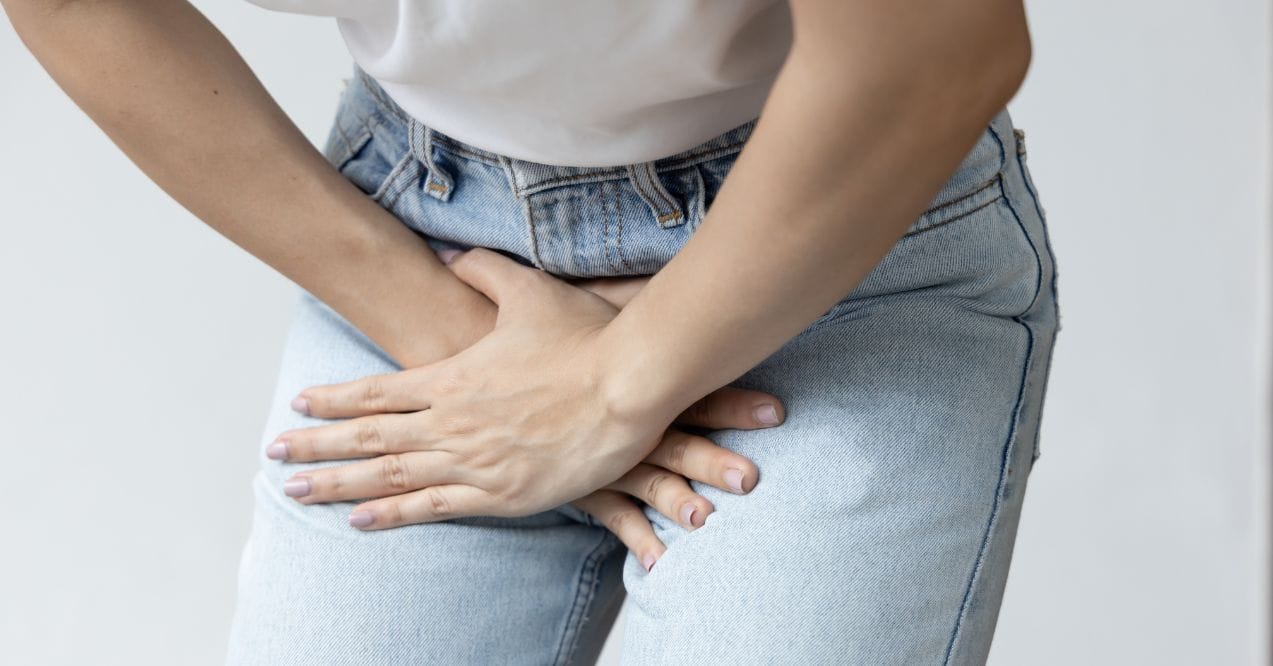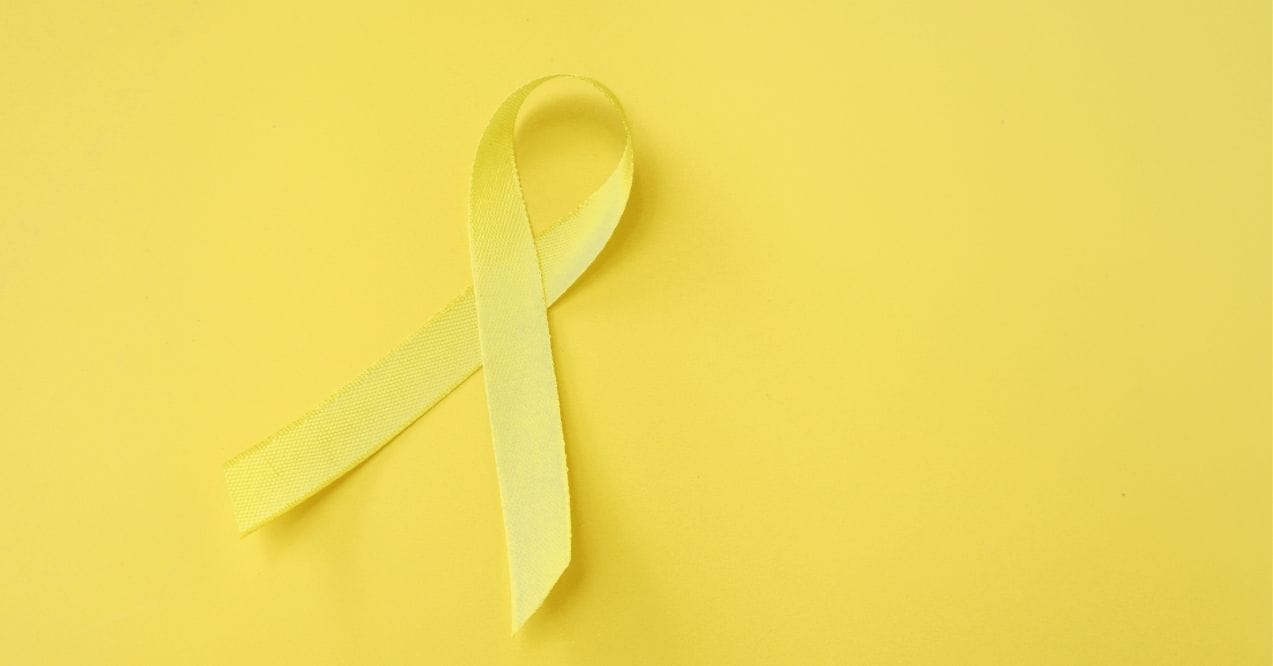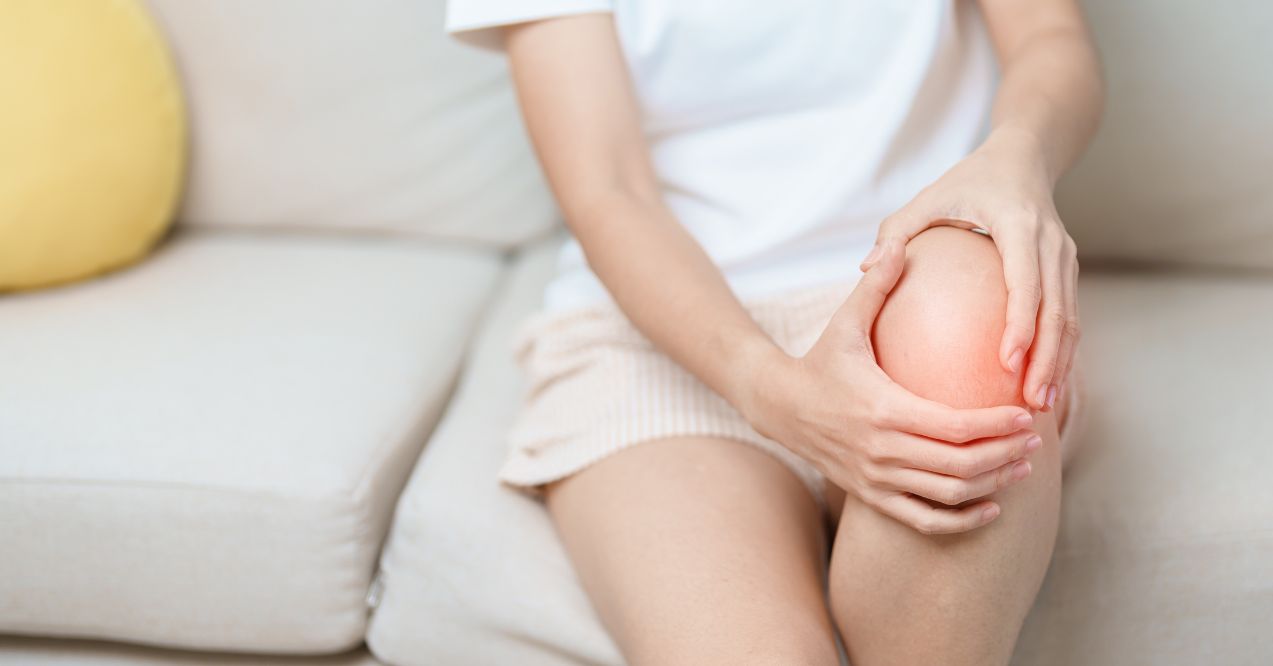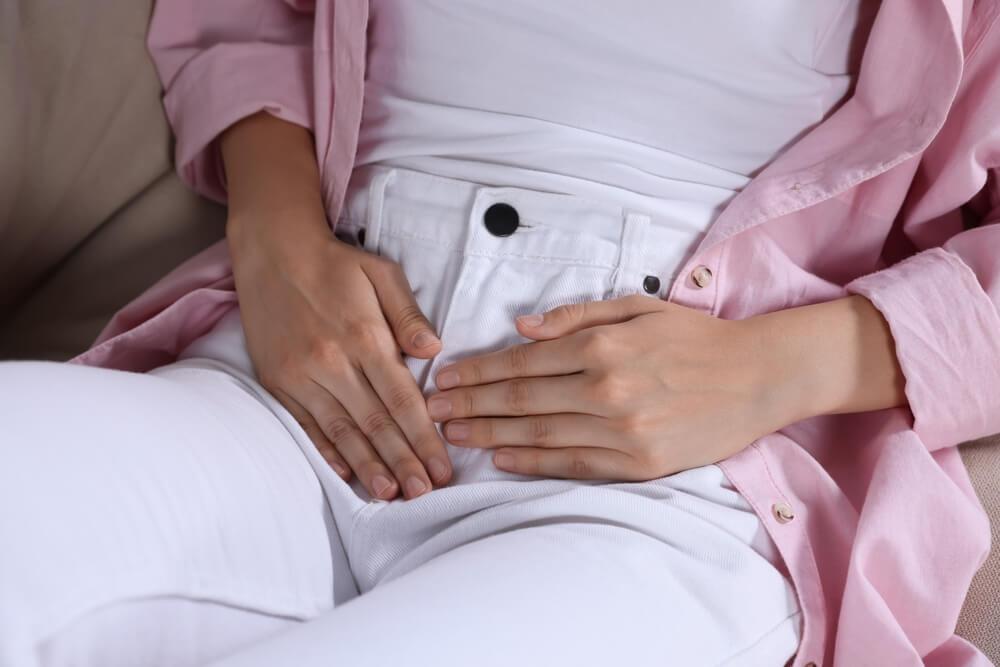Can Drinking Alcohol Cause a UTI?
Medically reviewed by our experts


Can drinking alcohol cause a UTI? It’s a question that might not have crossed your mind while sipping on your favorite cocktail at a social gathering or enjoying a glass of wine after a long day, but it is a question worth exploring.
While alcohol itself does not directly cause UTIs, it could significantly impact your risk of developing one or exacerbate existing symptoms. For example, heavy alcohol consumption can lead to dehydration, making your urine more concentrated and irritating to your bladder, or even weaken your immune system, making you more susceptible to urinary invasions.
Moreover, alcohol can also sometimes mimic UTI symptoms, leading to confusion and unnecessary concern. The diuretic effects of alcohol may cause frequent urination and a sense of urgency, similar to the urgency associated with a UTI.
Therefore, in this blog post, we will delve into five key aspects of alcohol consumption and UTIs to help you understand their relationship:
- Examine the potential connection between frequent alcohol consumption and UTIs.
- Delve into scientific findings and expert opinions on the question “is alcohol bad for UTI?”
- Consider insights into how alcohol may impact urinary tract health.
- Provide clarification on the relationship between alcohol and UTIs.
- Finally, we will delve into a simple guide for prevention and maintaining optimal urinary tract health.
Considering these findings, you will possess a comprehensive understanding of the connection between alcohol and UTIs, along with practical insights to promote your urinary health.
Can Frequent Drinking Alcohol Cause UTIs?
Can drinking too much alcohol cause a UTI? Some experts and scientists believe that there is an association between alcohol consumption and UTIs, particularly in cases where an individual engages in regular or excessive alcohol consumption.
Research studies have indeed provided valuable insights into the question. One study published in the Journal of Urology found that individuals who consumed alcohol in excess were more likely to experience recurrent UTIs. This correlation suggested that alcohol may exacerbate the risk of UTIs, particularly in those who frequently engage in heavy drinking.
Another research finding that can potentially provide an answer to the question “can drinking alcohol cause a UTI?” is from the National Institute on Alcohol Abuse and Alcoholism (NIAAA), which highlighted the dehydrating effects of alcohol on the body. Excessive alcohol consumption could lead to a decrease in fluid retention and an increase in urine production, which contributes to concentrated urine and bladder irritation—both factors that may increase the susceptibility to UTIs.
So, can too much alcohol cause a UTI? While these findings suggest a potential link between alcohol and UTI, it’s essential to remember that many factors might contribute to urinary tract bacterial invasions. Therefore, while alcohol may play a role, it’s just one piece of the puzzle. Understanding its impact on your urinary health is crucial for making informed choices about your alcohol consumption and overall well-being.
Other Causes of UTI
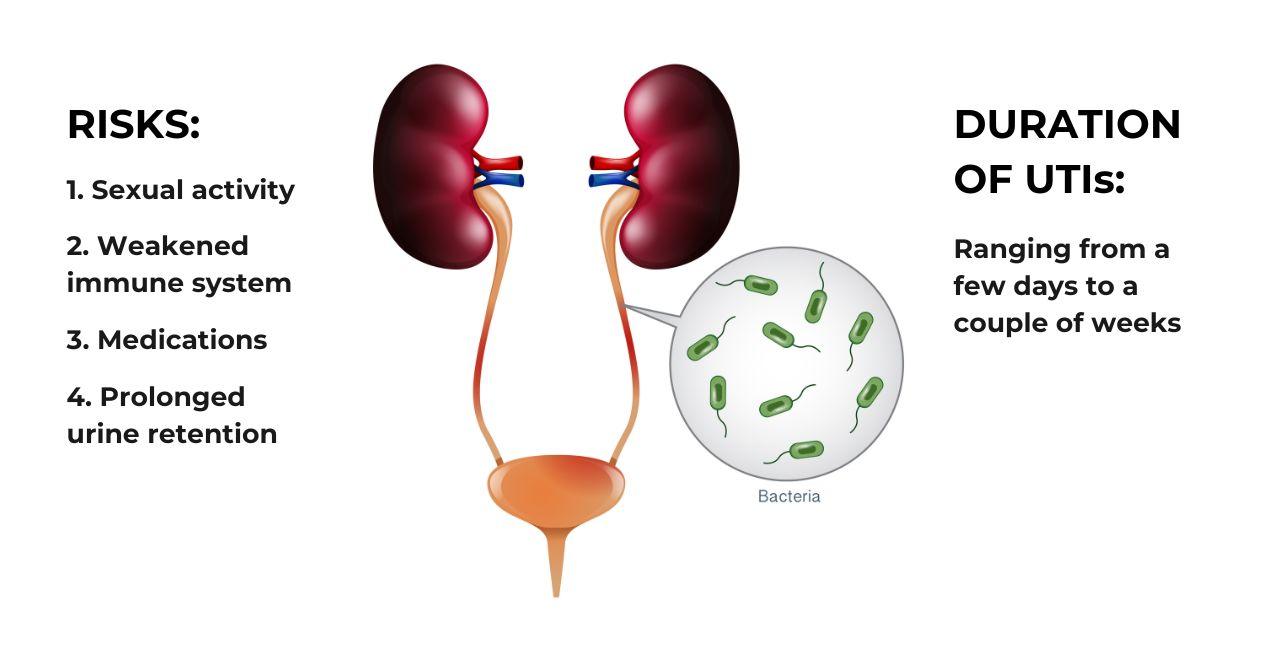
In addition to alcohol consumption, various other factors can significantly impact your urinary health. One primary cause of UTIs is the entry of bacteria into the urinary tract, with the urethra acting as the gateway for these invaders. This bacterial invasion may occur due to factors like inadequate hygiene practices, particularly in the genital area, increasing the risk of a UTI.
Another common route for bacterial entry is sexual activity, particularly for women, making them more vulnerable to UTIs. Practicing good sexual hygiene, including urinating before and after intercourse, helps flush out potential contaminants, reducing UTI risk.
Weakened immune systems, caused by conditions like impaired blood sugar, immunocompromised conditions, or immunosuppressive medications, also contribute to UTIs. When the immune system is compromised, bacteria have a higher chance of causing mayhem. Finally, certain lifestyle habits, such as holding in urine for extended periods, may create an ideal environment for UTIs to flourish.
Moreover, UTIs can last from a few days to a couple of weeks. Therefore, understanding how long does a uti last is also important for assessing treatment effectiveness, preventing complications, maintaining quality of life, and avoiding antibiotic overuse. Prompt treatment with antibiotics could often lead to symptom improvement within the first 24 to 48 hours, but persistent symptoms may indicate the need for a healthcare professional’s evaluation to prevent complications and ensure responsible antibiotic use.
Urethral Burning Sensation After Alcohol Consumption
While we’ve explored various causes of UTIs, there’s an intriguing aspect that often raises questions: the sensation of burning in the urethra immediately after drinking alcohol. This uncomfortable sensation can be perplexing, and although it might mimic some UTI symptoms, it’s not necessarily indicative of a full-blown bacterial invasion.
Alcohol, particularly when consumed in excess, can have irritating effects on the urinary tract. The burning sensation might be a result of alcohol’s dehydrating properties, leading to concentrated urine that may irritate the lining of the urethra. Additionally, alcohol can act as a diuretic, increasing urine production and potentially flushing out any existing irritants or bacteria, which could temporarily cause discomfort.
However, it’s important to distinguish between alcohol-induced discomfort and genuine UTI symptoms, which include frequent urination, a strong urge to urinate, cloudy or bloody urine, and a burning sensation during urination. If you experience persistent UTI symptoms, it’s crucial to seek medical attention for proper diagnosis and treatment.
Cystitis, is when bacteria take hold within the bladder can sometimes be confused with a UTI due to similar symptoms, such as severe discomfort during urination and a frequent urge to urinate. Cystitis primarily affects the bladder, causing a pro-inflammatory response and discomfort but not necessarily involving the entire urinary tract. While UTIs and cystitis share some similarities, they are distinct conditions. UTIs involve the entire urinary tract, including the bladder, urethra, and sometimes the kidneys, while cystitis is limited to the bladder.
In short, the burning sensation in the urethra after drinking alcohol may not always be a direct sign of a UTI. It could be attributed to alcohol’s irritating effects on the urinary tract. However, it’s essential to be aware of the symptoms of both UTIs and cystitis and seek appropriate medical attention if these symptoms persist or worsen. Understanding the differences between these conditions may help you address any urinary discomfort effectively and maintain optimal urinary tract health.
A Guide to Preventing UTIs
Preventing UTIs is not only essential for your well-being but also surprisingly straightforward. This practical guide offers valuable insights into protecting your urinary tract health, ensuring that pesky invasions don’t disrupt your life. By implementing these simple yet effective strategies, you can potentially stay ahead of UTIs and maintain your comfort.
1. Drink Plenty of Fluids, Especially Water
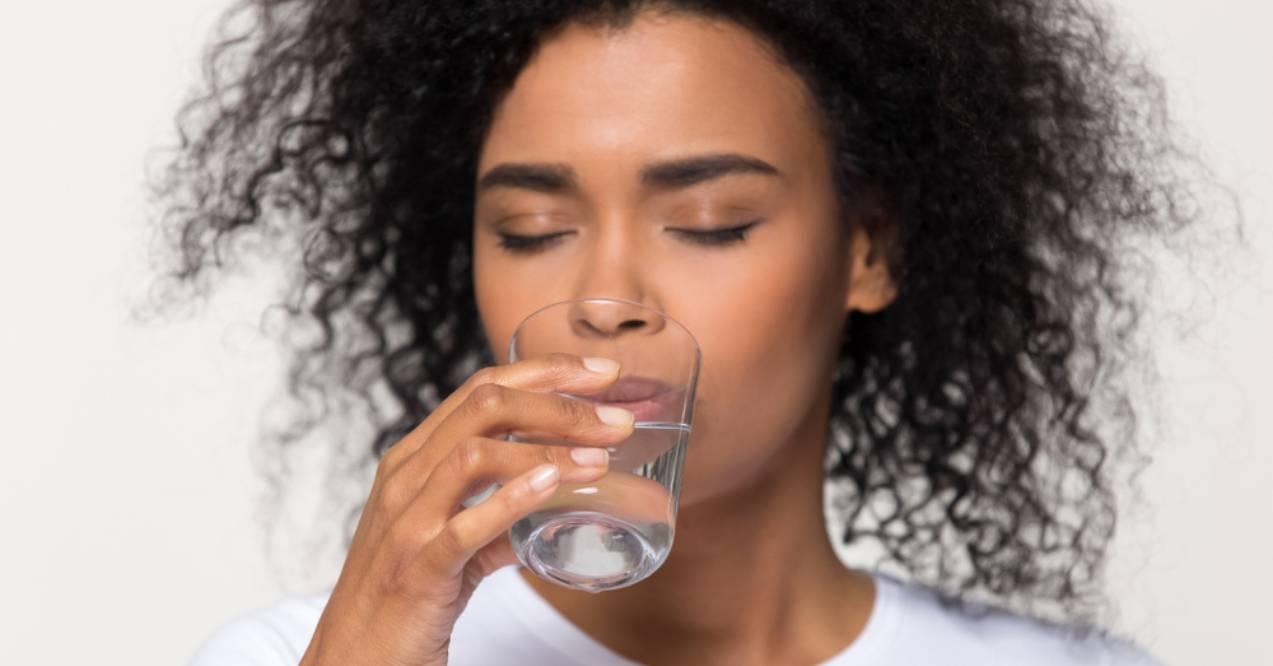
Staying well-hydrated is the cornerstone of preventing UTIs. Water plays a vital role in flushing out bacteria from your urinary tract, keeping it clean and less susceptible to infection. Aim to drink at least eight glasses of water a day, and more if you’re physically active or in hot weather. Remember, a well-hydrated body is better equipped to fend off those unwanted urinary tract invaders. Additionally, if you are wondering how to clean system of alcohol, water can be the answer. Drinking lots of water increases your rate of urination, which helps flush acetaldehyde from your body.
2. Urinate Frequently, Avoiding Holding Urine for Long Periods
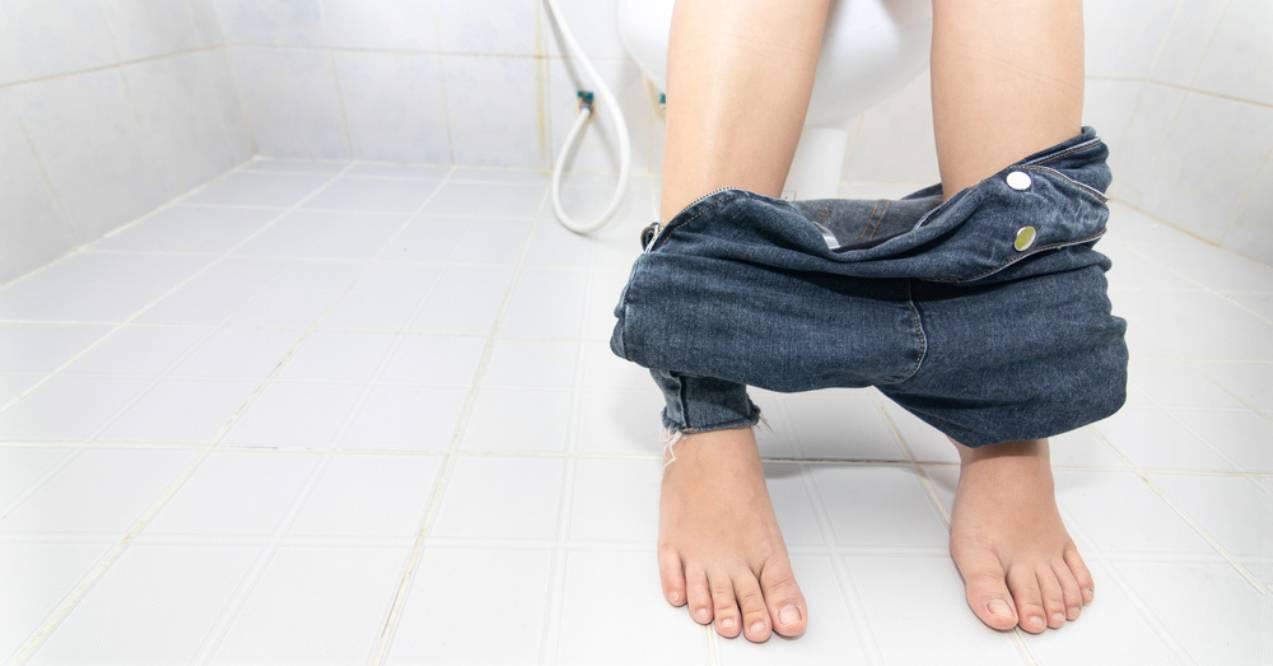
Frequent urination helps to expel any bacteria that may have entered your urinary tract. Holding in urine for extended periods can create a breeding ground for bacteria, so listen to your body’s signals and make time to urinate regularly. Don’t let the fear of disrupting your schedule lead to urinary discomfort.
3. Wipe From Front to Back After Using the Toilet
Proper wiping technique is crucial to prevent the transfer of bacteria from the anal area to the urethra. Always remember to wipe from front to back after using the toilet. This simple habit may significantly reduce the risk of UTIs, especially in women who are more prone to the transfer of bacteria due to their anatomy.
4. Urinate After Sexual Activity
Intimacy can introduce bacteria into the urinary tract, making it essential to urinate after sexual activity. This helps flush out any potential contaminants, reducing the chances of contracting a UTI. It’s a small step that can make a significant difference in your urinary tract health.
5. Maintain Genital Hygiene
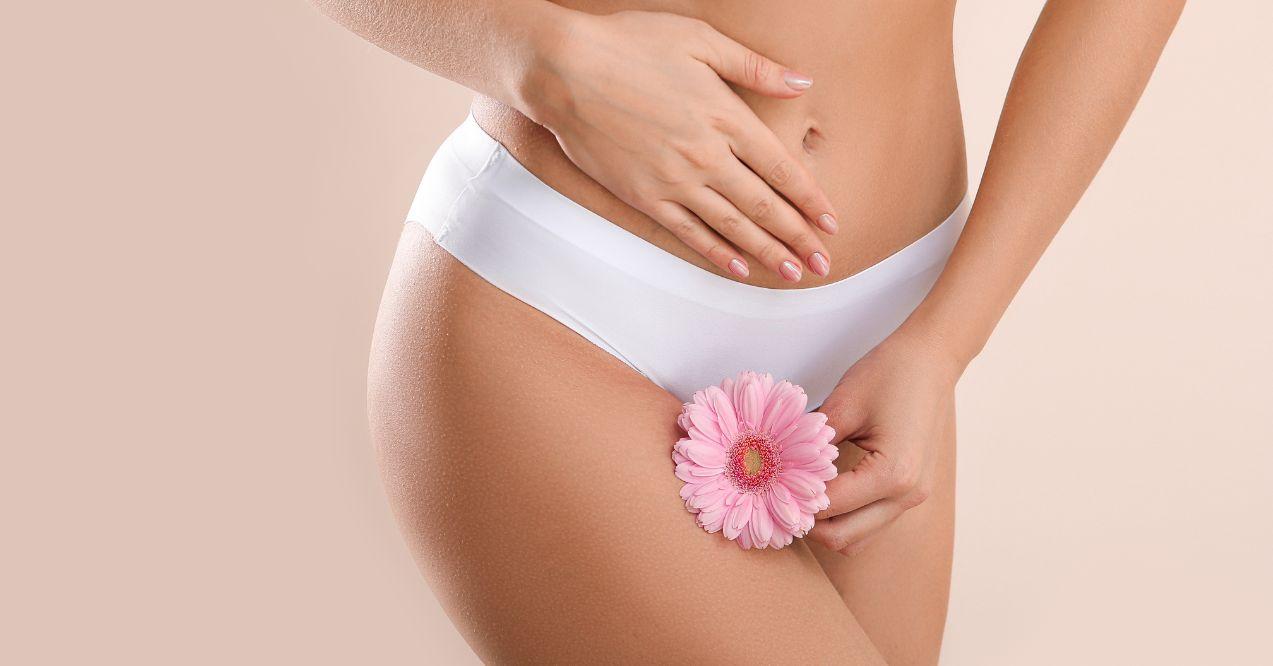
Maintaining good genital hygiene is another vital aspect of UTI prevention. Regularly cleanse the genital area with mild, unscented soap and warm water. Avoid harsh or scented products that can disrupt the natural balance of your urinary tract.
6. Use Gentle, Unscented Hygiene Products in the Genital Area
When choosing hygiene products, opt for gentle, unscented options specifically designed for the genital area. Harsh soaps or perfumed products can irritate the delicate tissues and increase the risk of UTIs.
7. Wear Breathable, Cotton Underwear
Your choice of underwear matters too. Opt for breathable, cotton underwear as it allows air circulation and reduces moisture, creating a less favorable environment for bacteria to thrive. Avoid tight-fitting synthetic fabrics that can trap moisture and promote bacterial growth.
Key Takeaways
- Alcohol itself doesn’t directly cause UTIs, but it can increase the risk and mimic UTI symptoms.
- Heavy alcohol consumption may lead to dehydration, concentrated urine, and weakened immunity, making you more susceptible to UTIs.
- Multiple factors, including hygiene, sexual activity, weakened immune systems, and holding urine, contribute to UTIs.
- The burning sensation in the urethra after drinking alcohol may be due to alcohol’s irritant effects.
- Proper prevention strategies involve staying hydrated, frequent urination, correct wiping, post-sex urination, genital hygiene, and breathable underwear.
After reading this blog post, do you feel you have an answer to the question: “Can drinking alcohol cause a UTI?” For now, we can say that alcohol alone may not directly cause these bacterial invasions, but it does have an effect on hydration and immunity that can play a significant role in your urinary health. By incorporating preventative measures and considering the best supplements for women’s health like UT FIX, you may empower yourself to maintain optimal urinary tract health and reduce the risk of discomfort associated with UTIs.
While UTIs themselves are not contagious, their symptoms, such as frequent urination and discomfort, can be unpleasant for those experiencing them.
It’s advisable to avoid alcohol when you have a UTI. Alcohol can exacerbate dehydration and potentially worsen UTI symptoms. Staying hydrated with water is a better choice during this time to support your recovery.
Yes, alcohol can sometimes cause symptoms similar to UTI, such as frequent urination and a burning sensation. However, these symptoms are usually temporary and not indicative of an actual UTI.
Alcohol isn’t directly bad for UTIs, but it can exacerbate symptoms and increase the risk due to dehydration and immune system weakening. It’s best to moderate alcohol consumption when dealing with a UTI.




